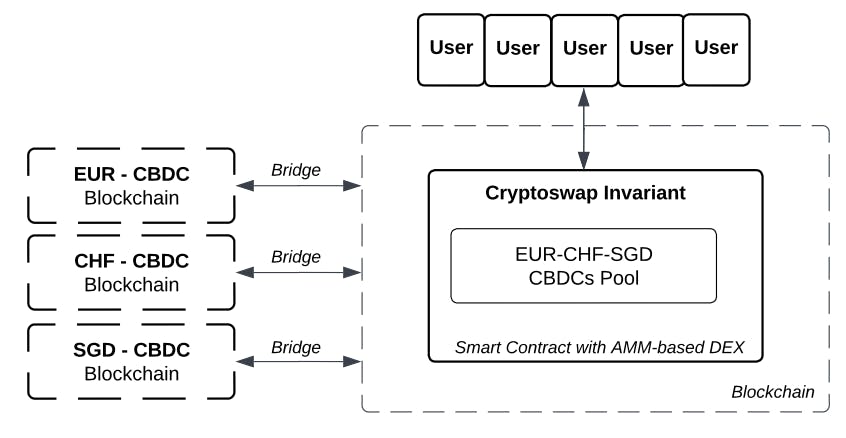Dor and Merck on the Aptean-Microsoft Partnership, ROI and Digital Transformation
Our last questions were for both of our presenters and touched on different topics, including Aptean’s partnership with Microsoft, optimizing return on investment (ROI) from AI investments and the technology’s role in digital transformation.
Q: How is the partnership between Aptean and Microsoft driving innovation in AI in the food and beverage industry?
BD: AI as a topic is interesting, but where the real value comes is when you can combine this with your data and a partner that understands your specific business challenges. This is what makes the partnership between Aptean and Microsoft so exciting. Aptean is able to bring the latest AI models and solutions to our customers’ existing ERP systems, generating tangible value.
CM: The strength of the partnership between Microsoft and Aptean lies in bringing together two worlds—Microsoft’s advanced technologies and Aptean’s in-depth knowledge of the food and beverage industry. Microsoft provides a solid foundation with AI solutions, cloud platforms and data analysis tools. Aptean adds its specialist expertise on the specific processes and challenges within the sector, such as quality control, traceability and supply chain efficiency.
It’s Precisely this combination that makes the difference. Microsoft delivers innovative technology that works, while Aptean ensures that this technology is truly applicable in the day-to-day operations of food and beverage businesses. Together, we help businesses work more efficiently, reduce waste and better respond to market developments.
In short, Microsoft’s technology and Aptean’s industry expertise form a powerful combination that genuinely drives innovation in the sector.
Q: For companies new to AI, what steps should they take to ensure a strong ROI and alignment with business goals?
BD: AI is no different from other technologies. All evaluations should start with determining the desired business outcomes and working with a partner that has deep expertise in the technology and the customer’s business segment.
CM: For companies starting with AI, the key is to start small and keep it practical. Focus on straightforward use cases that deliver clear efficiency gains. By automating repetitive tasks or improving decision-making with AI, businesses can quickly see the benefits. The time and resources saved can then be reinvested to further develop and expand AI applications.
It’s important to avoid getting stuck in endless experimentation without real progress. AI is evolving rapidly—what’s not possible today might be feasible next month. Instead of aiming for perfection from the start, businesses should embrace an iterative approach in which they implement, evaluate and adjust. By staying flexible and focusing on real impact, companies can ensure AI aligns with their business goals while maximizing return on investment.
Q: What role do you see AI playing in the broader digital transformation of the food and beverage industry?
BD: AI brings great opportunity and some challenges, but it seems that we spend more time talking about the risks. I am excited to see how many routine tasks can be automated to free up employees to focus on more valuable tasks, as well as what new innovations will be possible.
CM: AI is the next revolution in the food industry, creating a clear divide between early adopters and those who lag behind. Companies that embrace AI will gain a competitive edge through efficiency, smarter decision-making and better responsiveness to market demands.
Due to the rapid pace of AI development, agility is essential. Businesses must be prepared to adapt quickly and continuously explore new opportunities. AI will not only bring more innovation but also free up valuable time for employees. Instead of focusing on routine tasks, they can concentrate on work that truly differentiates the company—whether it’s product quality, customer experience or sustainability.
To summarize, AI is not just an addition to digital transformation; it will be a key driver of change in the food and beverage industry.








